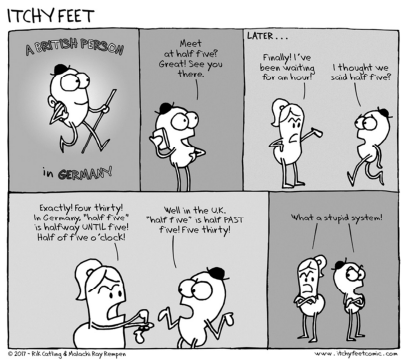Text 7A2
When it comes to the vocabulary of languages, is it true,
as some suppose, that the vocabularies of so-called primitive
languages are too small and inadequate to account for the
nuances of the physical and social universes of their speakers?
The answer is somewhat complicated. Because the vocabulary of
a language serves only the members of the society who speak it,
the question to be asked should be: Is a particular vocabulary
sufficient to serve the sociocultural needs of those who use the
language? When put like this, it follows that the language
associated with a relatively simple culture would have a smaller
vocabulary than the language of a complex society. Why, for
example, should the Inuit people (often known by the pejorative
term “Eskimo”) have words for chlorofluoromethane, dune
buggy, or tae kwon do when these substances, objects, and
concepts play no part in their culture? By the same token,
however, the language of a tribal society would have elaborate
lexical domains for prominent aspects of the culture although
these do not exist in complex societies. The Agta of the
Philippines, for example, are reported to have no fewer than
thirty-one verbs referring to types of fishing, while in Munich,
the terminology for the local varieties of beer is quite extensive,
according to strength, color, fizziness, aging, and clarity, the full
list exceeding seventy terms.
However, even though no language spoken today may be
labeled primitive, this does not mean that all languages do all
things in the same way, or are equally influential in the modern
transnational world. The linguistic anthropologist Dell Hymes
claims that languages are not functionally equivalent because the
role of speech varies from one society to the next. According to
Hymes, though all languages “are potentially equal and hence
capable of adaptation to the needs of a complex industrial
civilization”, only certain languages have actually done so
(Hymes 1961:77). These languages are more successful than
others not because they are structurally more advanced, but
because they happen to be associated with societies in which
language is the basis of literature, education, science, and
commerce.
Zdenek SALZMANN, James M. STANLAW and Nobuko ADACHI.
Language, culture, and society: an introduction to linguistic anthropology.
Boulder (CO): Westview Press, 2012. p. 6-7 (adapted).


